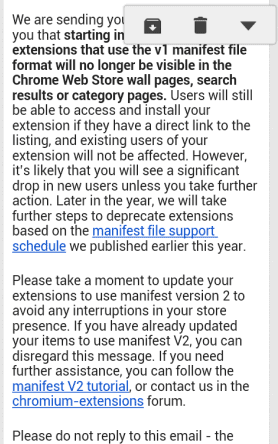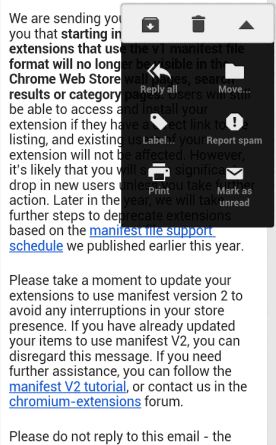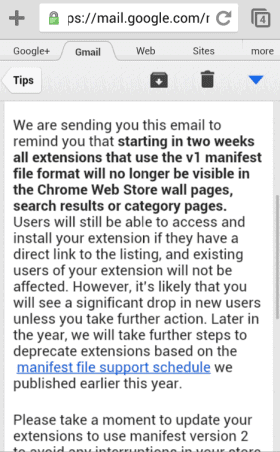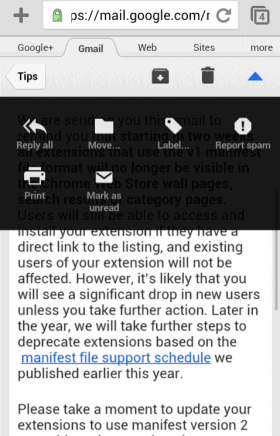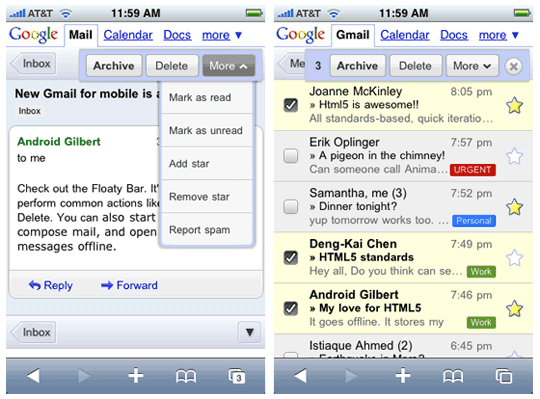If there's a popular Google product that's different from any other Google products and services, it must be Android. Most Google services got the basics right and then started to add features. Before you could use image search, video search, voice search and flight search, Google started with a clean interface and relevant results that loaded quickly. I still remember that Gmail didn't have a delete button or support for drafts when it launched, but it had support for conversations, search, 1GB of free storage and a great spam filter. Back in 2008, Chrome didn't support extensions, it was Windows-only, you couldn't even preview pages before printing them, but it was fast, it had a clutter-free interface and sandboxed tabs.
Android is the odd one out because it didn't focus on the users, it focused on apps and developers. It started with great APIs for developers before building a great interface, it started with voice search before running fast, it started with live wallpapers and widgets before optimizing battery life. It's like releasing a slow and cluttered Chrome with tons of great APIs for developers or launching Google Search with a lot of advanced search operators and natural language understanding, but the results aren't relevant and you need to wait a few seconds until they're displayed.
Customization is important, APIs and third-party apps are important, but getting the basics right is the most important. The first iPhone was great, even if it didn't support third-party apps, 3G, MMS and many other things. It had an impressive user interface and a few well-built apps. Everything else was added later: third-party apps, multitasking, notification center, folders.
Android focused on APIs and third-party apps. HTC had to come up with Sense to sell some Android phones because Google's interface was just a placeholder. Other phone manufacturers created their own interfaces and system apps. A lot of innovative ideas, but not much common ground. The only things that connected all the different devices were the Android APIs. Ice Cream Sandwich changed all that: the Holo theme was mandatory, Android added support for hardware acceleration and apps started to look consistent. Then Jelly Bean and Project Butter addressed lag.
Paul Buchheit, the man behind Gmail, has a great post titled "
If your product is Great, it doesn't need to be Good." He explains how to build new products: "What's the right approach to new products? Pick three key attributes or features, get those things very, very right, and then forget about everything else. Those three attributes define the fundamental essence and value of the product -- the rest is noise." That's how Gmail started. "It was fast, stored all of your email (back when 4MB quotas were the norm), and had an innovative interface based on conversations and search. The secondary and tertiary features were minimal or absent. There was no 'rich text' composer. The original address book was implemented in two days and did almost nothing."
Android focused on the wrong things initially, but still won because it was the only significant alternative to iOS, so carriers, phone manufacturers and users embraced it. Now it's hard to go back to the basics and fix them, make apps less powerful, remove APIs and focus on what matters on a mobile device: smooth experience and battery life.
Note: I use both Android and iOS. Android has improved a lot lately (even though Android 4.2 looks like a step backward) and I hope that constructive criticism will make it even better.




